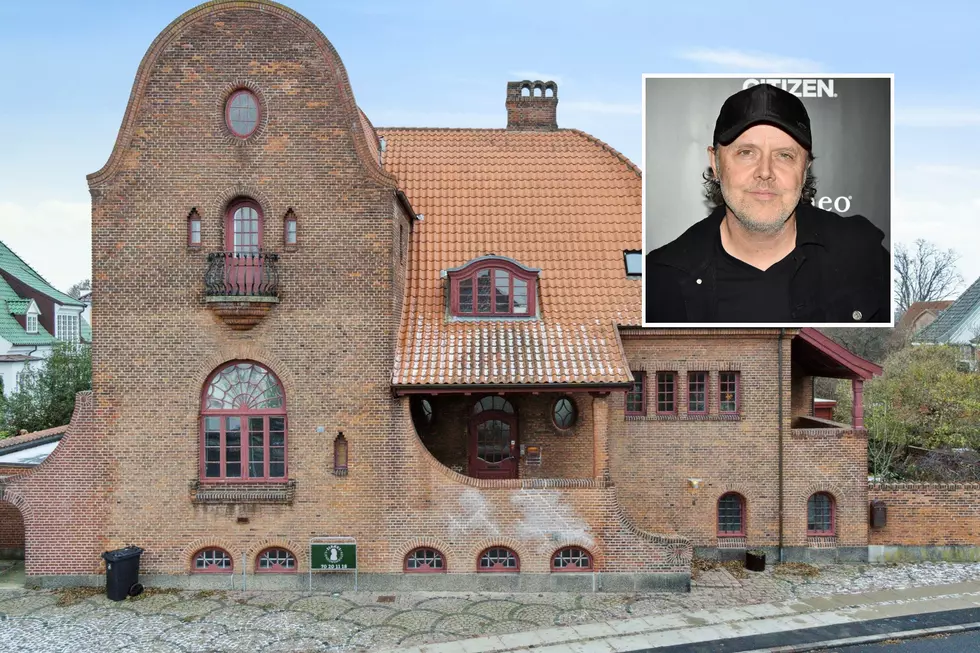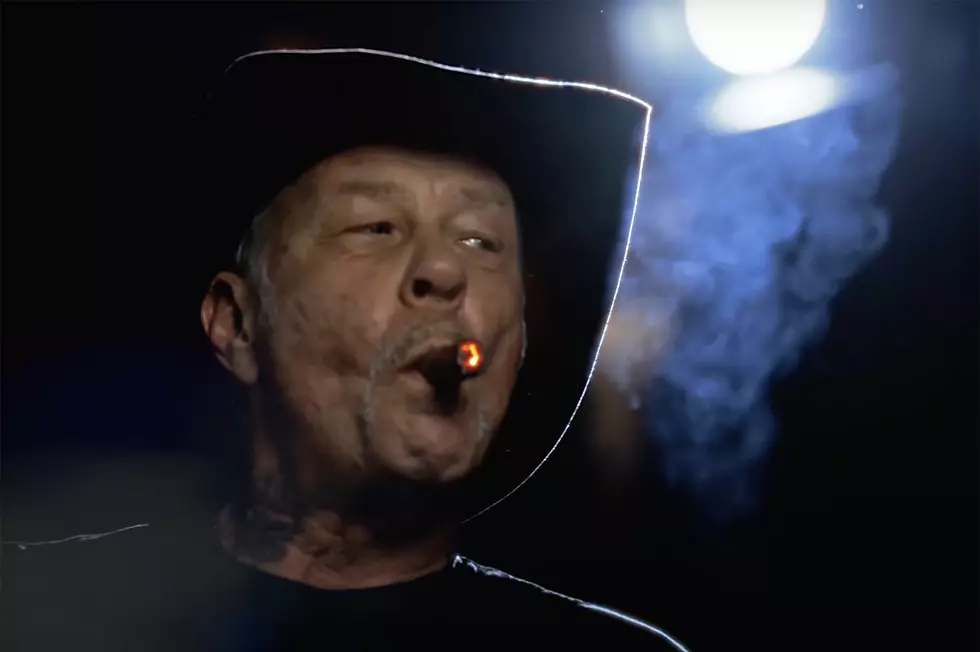
How Metallica Tripled Their Ticket Prices
Metallica manager Peter Mensch discussed how the band managed to triple ticket prices without upsetting fans in a documentary about how the music industry has changed since the ‘90s.
He was one of a number of interviewees in the second episode of BBC series Hits, Hype & Hustle: An Insider’s Guide to the Music Business, narrated by U.K. promoter and agent John Giddings.
“In the ‘90s we were still living by the old rules,” Giddings said. “Record sales were still huge, making up nearly 80 percent of a band’s income … it wouldn’t last.” Mensch then recalled the onset of the download revolution which led to Metallica’s infamous lawsuit against file sharing service Napster. “When I first heard about Napster I was in this office,” Mensch said. ‘We had to find the one person with a PC computer in our office. She typed some stuff in and we saw, I don’t know, 50 versions of ‘Enter Sandman’. Was there a sinking feeling that the game was up? Yes. … We knew that we were in deep s––t.”
In the course of five years, record sales dropped by nearly 50 percent, Giddings said. That meant that bands had to look for other ways to keep making money, meaning that, for the first time in many years, playing live was the focus of industry attention. “Demand went through the roof and ticket prices soon followed,” he commented. Mensch noted that Metallica had been ahead of the curve in that respect: “We hadn’t made a record in years. This is just what we do – we play in front of our fans. Rock bands have always had to bring it to the fans.
“We did some tests in the last couple of years. We realized the top price for a Metallica ticket could be much higher than it used to be, and we charged it – and there was no audience pushback on it. Shows that might have made X now made 3X. The ticket price thing has changed everything.”
More From Ultimate Classic Rock









